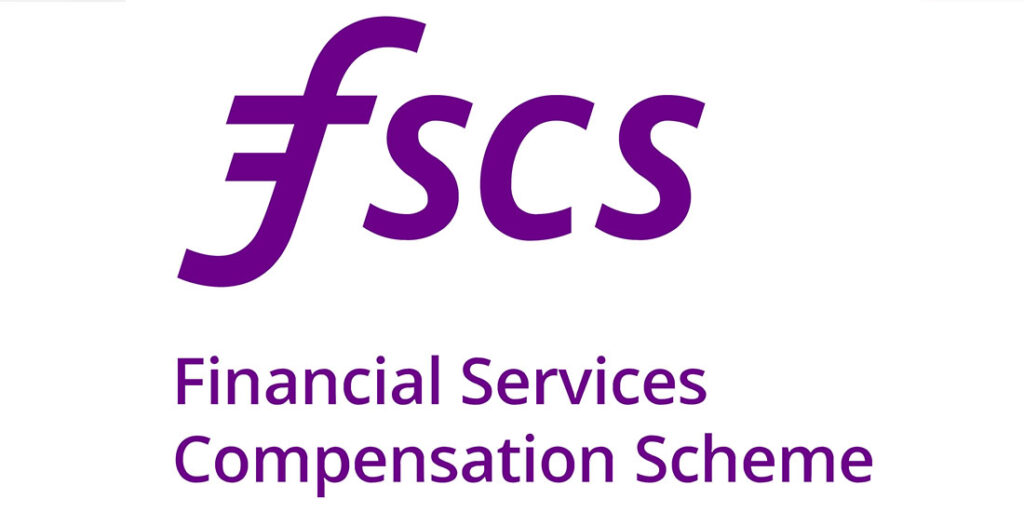
New Rules for P2P Platforms: Key Points from the FCA Report
The Financial Conduct Authority has this week released new rules for peer-to-peer platforms, which “focus particularly on credit risk assessment, risk management and fair valuation practices”. These rules are being enforced to help protect investors, especially those with less experience, and all platforms have until 9th December 2019 to implement them.
So what will they mean for investors? We’ve summarised some of the key points below, and you can read the full paper by clicking here.
Why are these new regulations coming in?
As with any investment, it is essential that peer-to-peer investors understand what they are putting their money into, and the fact that they could lose all or part of their investment.
Chris Woolard, Executive Director of Strategy and Competition at the FCA, said that these new rules were aimed at “enhancing protection for investors while allowing them to take up innovative investment opportunities…for P2P to continue to evolve sustainably, it’s vital that investors receive the right level of protection”.
The FCA wants to ensure that investors “have the necessary information about a platform’s services and charges to help them make informed decisions” and “have clear and accurate information about the investment risk of a product to make suitable investment choices in line with their risk tolerance”.
Introducing ‘appropriateness tests’ and investing caps
One of the most prominent changes is placing a limit on how much non-advised retail investors (i.e. those with limited investment experience and not receiving services from a financial adviser) can put in. These consumers will now have to self-certify that they will not invest more than 10% of their investible assets.
This certification will form part of a wider ‘appropriateness’ test, which will ensure that investors have at least a basic knowledge of the industry. Whilst the exact contents of the multiple-choice test have not been dictated, recommendations include:
- The understanding that P2P investments are not comparable with a savings account
- That there are no guaranteed returns and your capital is at risk
- That you may be unable to exit a P2P loan before maturity, even where a platform operates a secondary market
- The role of the platform and the scope of its services
New restrictions on how platforms market their services
From December onwards, platforms will only be allowed to send direct offer financial promotions (anything that invites people to invest) to investors that meet at least one of the following criteria:
- are classed as either a sophisticated or high net worth investor
- are classed as a restricted investor, meaning they have agreed not to invest more than 10% of their investable assets
- have confirmed before the promotion is made that they will receive regulated investment advice
Sharing wind-down plans with investors
P2P platforms are already required to have a wind-down procedure in place however, going forward, they will have to disclose a summary of this procedure before any investment is made. Platforms will be required to show that, even if they stopped providing a peer-to-peer service, suitable arrangements are in place to manage all existing loans and investments they’ve provided.
Will I notice any changes before 9th December 2019?
Platforms that offer home finance products are required to adopt some new rules with immediate effect, although other P2P platforms such as ourselves have 6 months to update their practices. As this is a final deadline, some changes are likely to be actioned before that point and some platforms may already be compliant with aspects of the new guidelines.
Do I need to do anything?
Investors don’t need to take any action, but it’s always a good idea to keep up to date with any news that could affect your investments. If you have any questions, we recommend reading the full FCA guidebook here or seeking regulated, independent financial advice.













